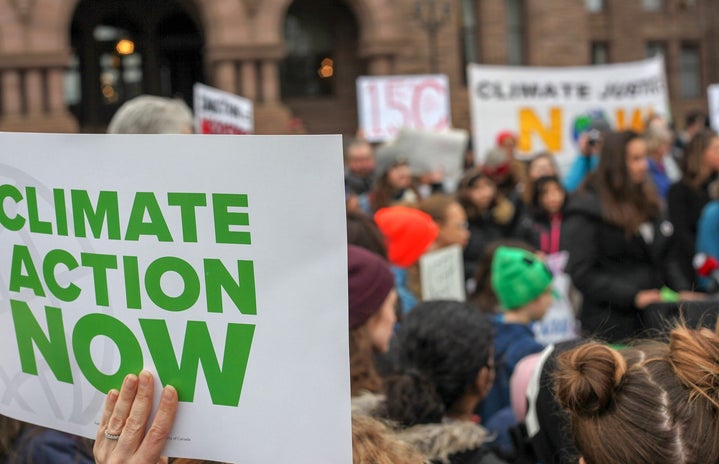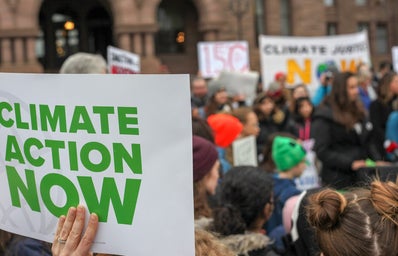If you’re unfamiliar with the term IPCC, this stands for the “Intergovernmental Panel on Climate Change.” This report is released by the United Nations and acts as a guide and informative channel of the global threat that is climate change. The most recent report is the third part of the IPCC’s 6th Assessment Report (AR6 WGIII). The report released in February, WGII, focused on climate change’s effects and targeted areas that are the most vulnerable, while this new report specifically focuses on what we can do to limit its effects.
The key points made in the new IPCC report are as follows:
1. “Without immediate and deep emissions reductions across all sectors, limiting global warming to 1.5°C is beyond reach”
Without the implementation of quick, large-scale, and effective reductions to greenhouse gas emissions, limiting warming to 1.5°C or even 2°C will be beyond our reach. At a threshold of 1.5°C, we would see more frequent heat waves, longer warmer seasons and shorter cold ones. At 2°C, agriculture and health impacts from hotter temperatures would be in grave danger. Some of the undesired effects of global warming include an extreme water cycle, flooding, droughts, monsoons, sea level rise and loss of glaciers. Unprecedented weather patterns also threaten to displace people and destroy land.
2. “We have options in all sectors to at least halve emissions by 2030”
Among the sectors that are most crucial we would need to severely reduce the amount of fossil fuel emissions, improve energy efficiency, widespread use of renewable energy and electrification. With these implementations, we could see a 40-70% reduction in greenhouse gas emissions by 2050. The hope is to prevent the use of more preventative measures such as carbon capture and storage by eliminating the carbon from ever reaching such a deadly point.
3. “This assessment shows that limiting warming to around 2°C (3.6°F) still requires global greenhouse gas emissions to peak before 2025 at the latest, and be reduced by a quarter by 2030.”
The presumed outcome is that we will step over the 1.5°C threshold, but already have been working to limit more fossil fuels, methane, and greenhouse gas emissions that those measures will work to eventually lower us below the threshold again. One of the key factors and one of the most stressed sentiments in the IPCC report is how immediate these things must be. The window to save our planet is closing, and if no action is taken within the next few years, we will have reached a state of irreversible damage.


